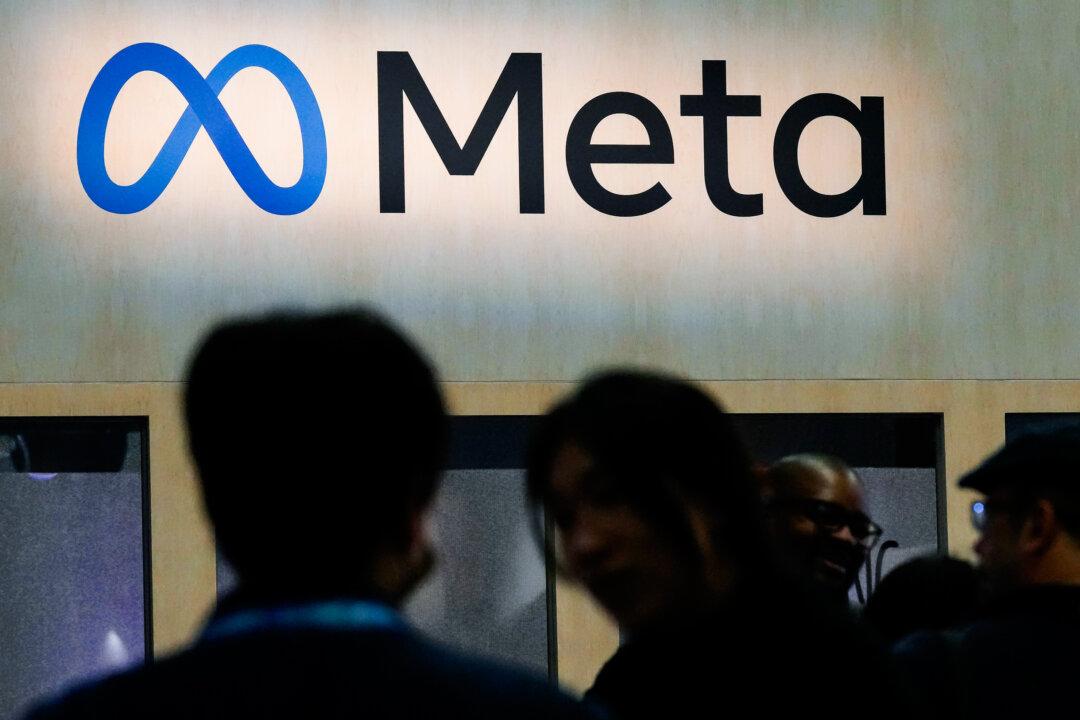The National Center on Sexual Exploitation (NCOSE) released its yearly list of “mainstream contributors to sexual exploitation” on April 10. The list includes a range of companies, primarily large corporations in the technology sector, and one piece of federal law.
NCOSE’s “Dirty Dozen List” list contains companies that, according to the organization, do not take sufficient measures to protect society from the negative effects of sexual exploitation.





